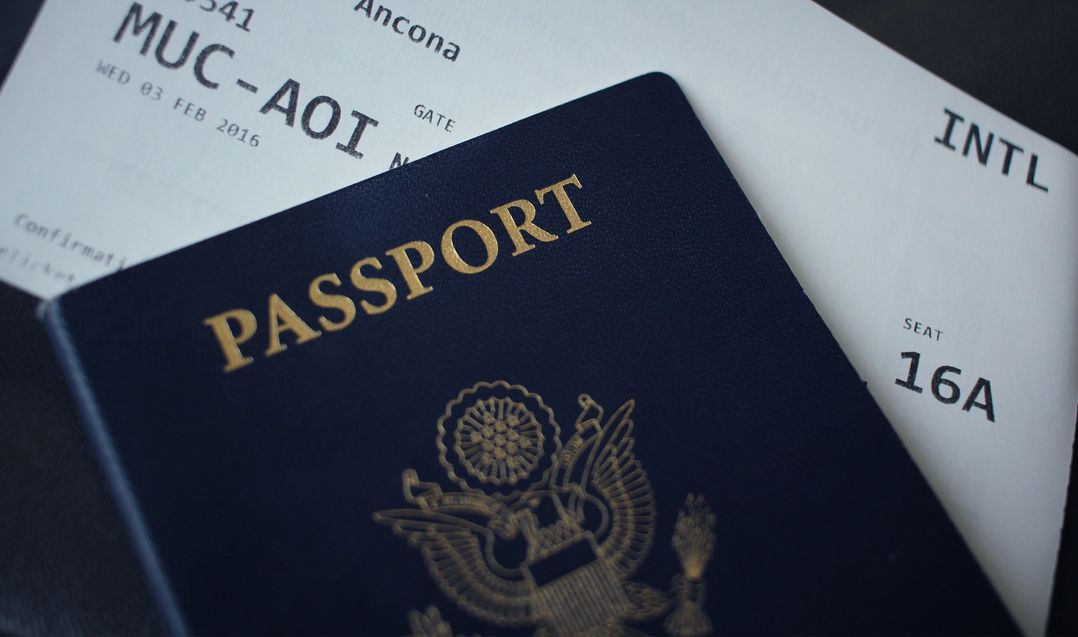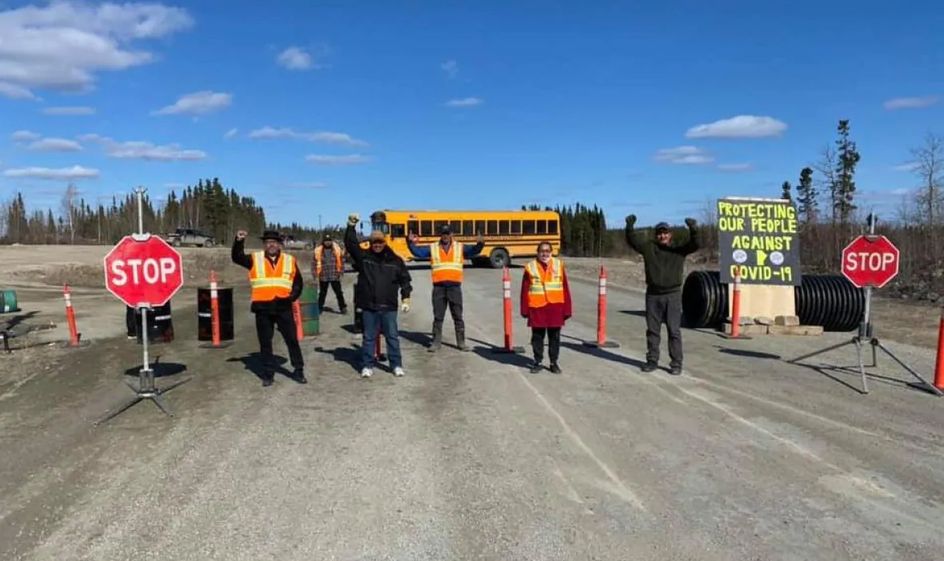Canadian society is beginning to thaw from the COVID-19 induced deep freeze. Questions surrounding the reopening of businesses, schools, communities, and cities have shifted from when we will be able to do so, to how we are going to do it. Any conversation about completely “getting back to normal” depends on developing a vaccine – estimated to be 12-18 months away, and its universal availability – further months needed to ramp up production. In the meantime, there are measures being proposed for how Canadians who have recovered from COVID-19 can rejoin the world. One of the proposals being discussed is immunity passports.
An immunity passport system works on the following logic: those who have recovered from COVID-19 have the requisite antibodies to prevent further infections from the disease, so they can be granted a passport of sorts, which allows them to return to life as usual, including to work and even travel. Trudeau has already said that it’s too early to talk about immunity passports, but it seems like the idea appeals intuitively to some people desperate for any path to whatever post-COVID normalcy looks like. However, the reality of immunity passports is beyond current scientific understanding, and would require deeper, and almost certainly permanent, encroachments on people’s already battered privacy.
The World Health Organization, and many countries, are currently studying antibody tests, which primarily can indicate whether someone has recovered from COVID-19. Recovery from a viral infection involves two main steps. First, the body generally slows the progress of the virus, and alleviates your symptoms. and then develops specific antibodies that bind to and ‘neutralize’ the virus.
In theory, antibody-based immunity passports could work. In practice, however, there is no accurate test for the detection of antibodies, and there is a great deal of uncertainty of how protective the antibodies are against a second infection, if at all. For instance, hundreds of South Koreans, ostensibly recovered from their bouts with COVID-19, have tested positive again. So, any immediate immunity passport system would lack both accuracy and efficacy, each a vital factor in any scientifically-driven response.
Beyond the current medical uncertainties inherent in any immunity passport system, the existing political and structural issues of society would remain at the forefront. Stanford Law Professor Henry T. Greely raises some specific issues to consider when implementing this new immunity-based privilege. How are applicants’ claims verified? How to prevent someone using another person’s passport? Passports would establish a system of discrimination that penalizes those who can’t get a passport, especially if passport ownership becomes a condition of employment or admittance inside a business? Isn’t it obvious that a thriving black market would immediately bloom?
Beyond Greely’s questions, what about the status of undocumented workers or racialized minorities, against whom the existing ID issuing system is already extremely biased. The health of these communities is currently being disregarded by the profit motive, and there’s no reason to believe the immunity passport system would be any different.
Marginalized groups should fear increased tracking of any kind from a capitalist government, in which racism and prejudice are often institutional – such as Canada’s police and legal system. Systems like this stay in place once they’ve outgrown the crises that birthed them. Airports haven’t reverted to their pre-9/11 conditions, despite ample evidence that the increased security presence is mere theatre. This type of “sticky” security protocol will be in place long after COVID-19 recedes. In parts of China, colour coding on smartphones is being used to indicate a person’s contagion risk. How does this bode for the Islamic minority Uighurs, already highly persecuted? In Hong Kong, all new arrivals must isolate for 14 days, and wear a tracking bracelet for government monitoring. How does this bode for future pro-democracy protestors?
While the immunity passport or contact tracing systems are being pushed under the veil of public health, they will serve as proofs of concept for future population monitoring systems. Security after 9/11 was used to rationalize the removal of our privacy. Claims about public health are now being used to continue this infringement on freedoms, especially as notorious privacy barons like Facebook and Google continue partnering with governments. Socialists and the labour movement must resist the implementation of any further government surveillance and privacy invasion, even if it forces us to grapple with difficult questions or take temporarily unpopular stances against sections of public opinion.




